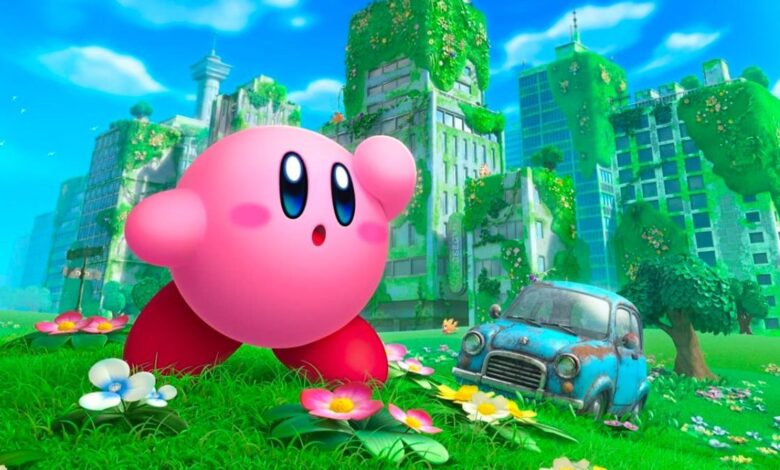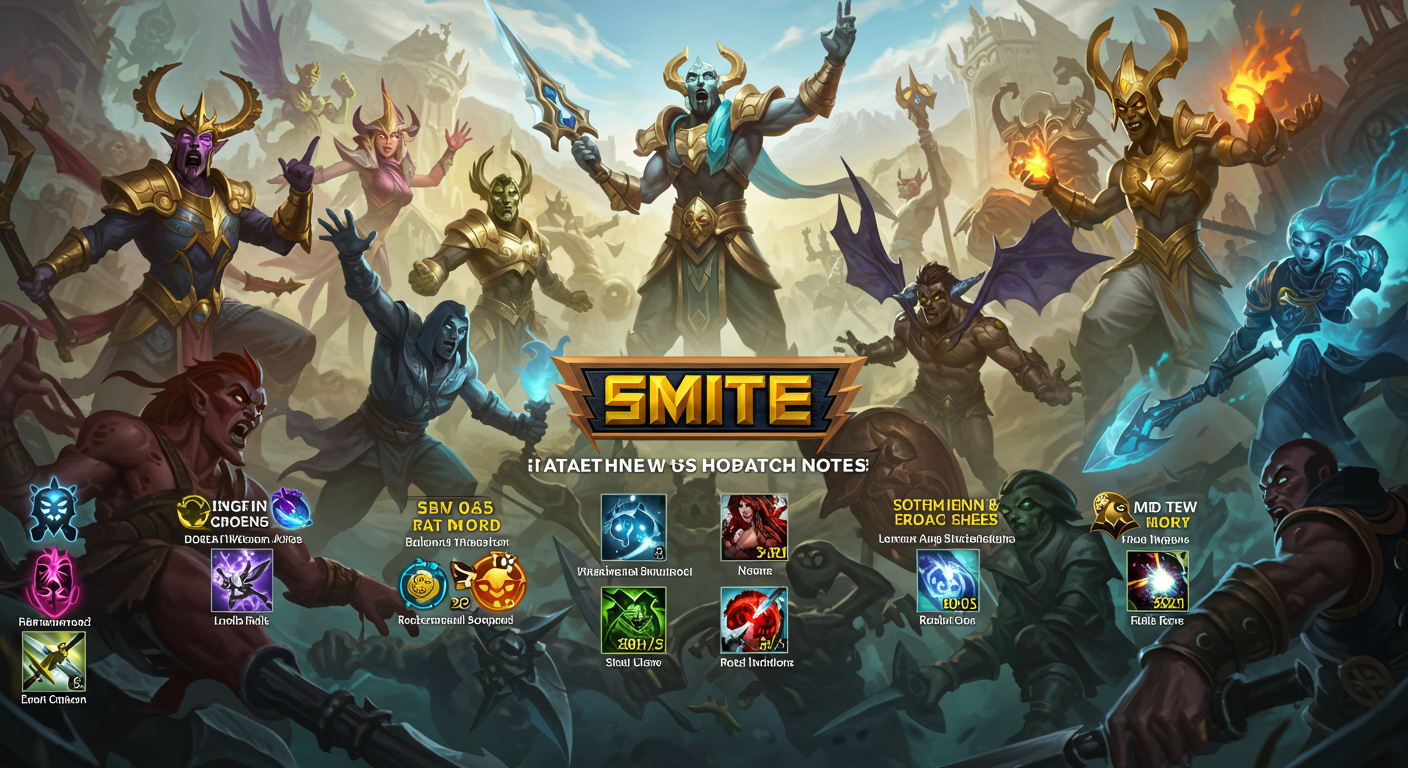Kirbi Dedo – Meaning, Uses, and Cultural Significance

Language is powerful. Certain words or phrases travel far beyond their origin and gain new meaning in different contexts. One such phrase that has recently attracted attention is kirbi dedo. At first glance, it may seem like just another expression, but when we look closely, it carries depth, versatility, and cultural value.
In this article, we’ll explore what kirbi dedo means, how people use it, why it’s becoming popular, and what makes it relevant in daily conversations and digital spaces.
What Does Kirbi Dedo Mean?
The phrase kirbi dedo can be translated as “give me kirbi,” where “kirbi” often represents something specific depending on cultural or local usage. While not a widely documented term in academic dictionaries, the phrase has taken root in casual communication, slang, and even online platforms.
It can carry a literal sense—asking for something tangible—or a figurative one—requesting attention, care, or symbolic support. That’s what makes this phrase interesting: its adaptability.
Origins of Kirbi Dedo
The exact origins of kirbi dedo are debated. Some language experts suggest it stems from regional dialects, while others believe it emerged through informal street conversations that later spread online. Like many popular phrases, it gained traction because of its relatability and catchy rhythm.
In different communities, it might be linked with humor, sarcasm, or even affection. This flexible nature has allowed it to evolve quickly.
Everyday Usage of Kirbi Dedo
The real charm of lies in how people apply it. Below are some common situations where the phrase appears:
-
Friendship Circles – A playful way to ask a friend for something, whether it’s food, notes, or even advice.
-
Online Memes – Social media users love short, quirky lines. fits perfectly into captions, memes, and hashtags.
-
Casual Negotiation – People use it jokingly when they want a favor or a discount in everyday conversations.
-
Expressing Emotions – Beyond material things, it can symbolize asking for attention, love, or care.
This versatility shows how a simple phrase can weave into various aspects of human interaction.
Kirbi Dedo in Digital Culture
With the rise of TikTok, Instagram Reels, and short-form video content, catchy expressions spread faster than ever. has found its place in memes, reaction videos, and humorous dialogues.
Digital creators often add their twist—sometimes exaggerating emotions or combining it with visual comedy. This has boosted the phrase’s popularity, making it recognizable even among people who don’t share the same regional background.
Why People Connect With Kirbi Dedo
There are several reasons why resonates so strongly:
-
Simplicity – It’s short, memorable, and easy to pronounce.
-
Relatability – Everyone has moments where they want to ask for something casually.
-
Humor – The phrase often carries a lighthearted, playful tone.
-
Cultural Identity – Using it in conversations strengthens group belonging and shared understanding.
Together, these qualities make it more than just words—it becomes a cultural expression.
Kirbi Dedo and Regional Identity
Languages evolve differently in every region. reflects how communities shape language according to their lifestyle, values, and humor. For some, it might just be slang; for others, it carries nostalgic or emotional weight.
Expressions like this also serve as reminders of how local speech patterns influence mainstream communication. What starts as a small, regional phrase can travel across borders thanks to social media and entertainment.
Kirbi Dedo in Pop Culture
Interestingly, certain local films, dramas, and comedy shows have casually included variations of in dialogues. Whenever such expressions appear in entertainment, they often gain wider acceptance.
This is how cultural slang enters the mainstream—through repeated exposure in art and media. Over time, phrases like this stop being “just slang” and become part of common speech.
Psychological Impact of Expressions Like
Language doesn’t just communicate ideas; it influences feelings. Saying isn’t only about asking—it can spark laughter, lighten the mood, and build bonds.
-
For Speakers – It provides a fun, non-serious way to request something.
-
For Listeners – It reduces pressure, since the phrase often carries a joking tone.
This lighthearted exchange strengthens social connections, proving that words can shape emotions in subtle ways.
SEO Perspective: Why Is Trending
From a digital marketing angle, is an emerging keyword. People search for it out of curiosity—wanting to know its meaning, context, and usage. This makes it valuable for content creators, bloggers, and businesses aiming to engage younger audiences.
If a phrase has cultural flavor and viral potential, it often becomes a searchable keyword. By writing about it, creators tap into growing interest while connecting with audiences in an authentic way.
Examples of in Sentences
To better understand how the phrase works, here are some sample uses:
-
“Yaar, homework , kal submission hai.”
-
“Tumhari smile , mood theek ho jayega.”
-
“Bhai, thoda discount”
-
“Thodi si attention , baat important hai.”
These examples highlight the playful and flexible character of the phrase.
Future of Phrases Like
Will remain popular or fade away? The answer depends on how communities continue to use it. Some expressions last for decades, while others lose charm once overused.
Given its simplicity and versatility, has the potential to stick around, at least in informal and online settings. The more it appears in media and everyday speech, the stronger its place in modern language culture.
Conclusion
The phrase may seem simple, but it carries layers of meaning, cultural significance, and emotional value. From casual conversations to digital content, it has found multiple applications, connecting people through humor, relatability, and shared identity.
As with many catchy phrases, its journey is shaped by the people who use it. Whether it remains a trend or evolves into something deeper, stands as a reminder that language is always alive, playful, and deeply human.


